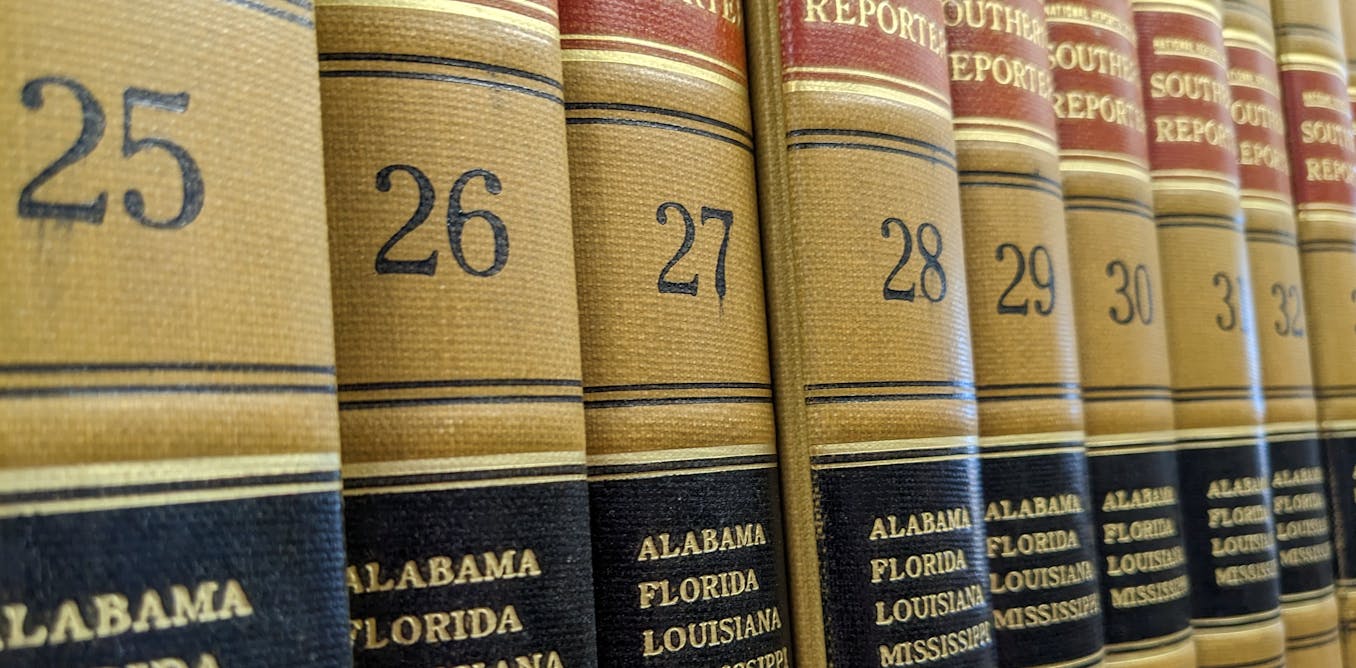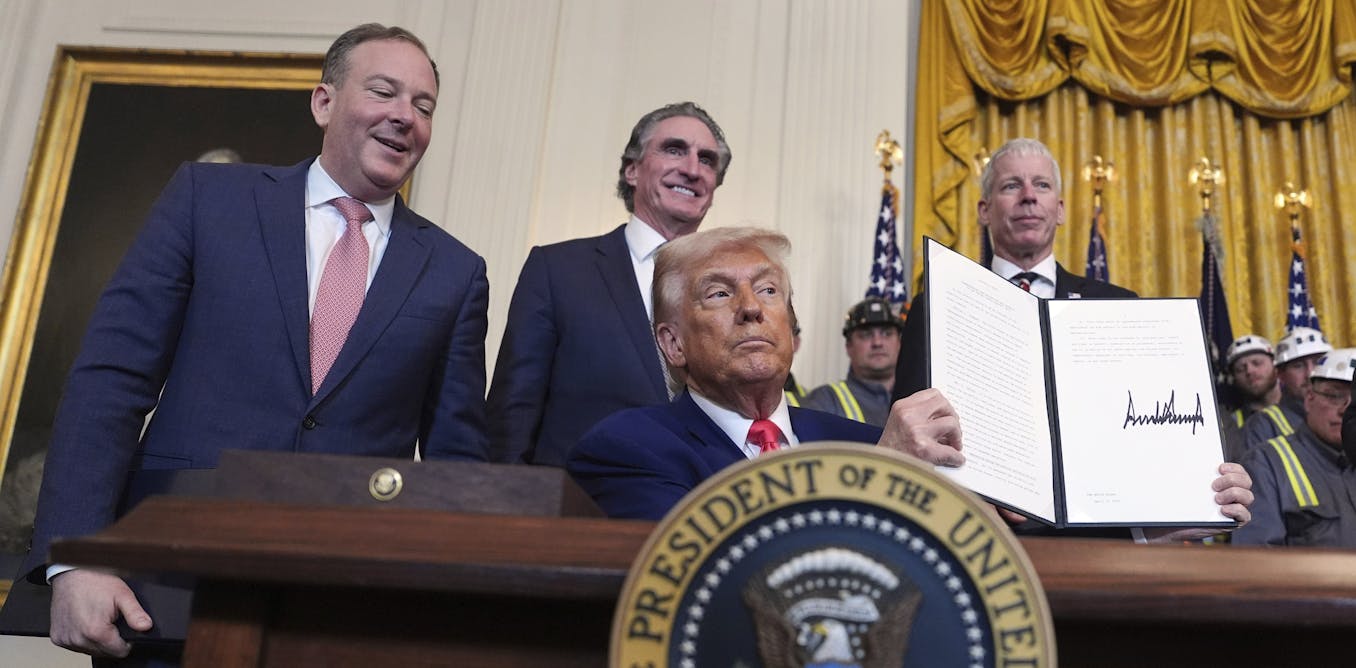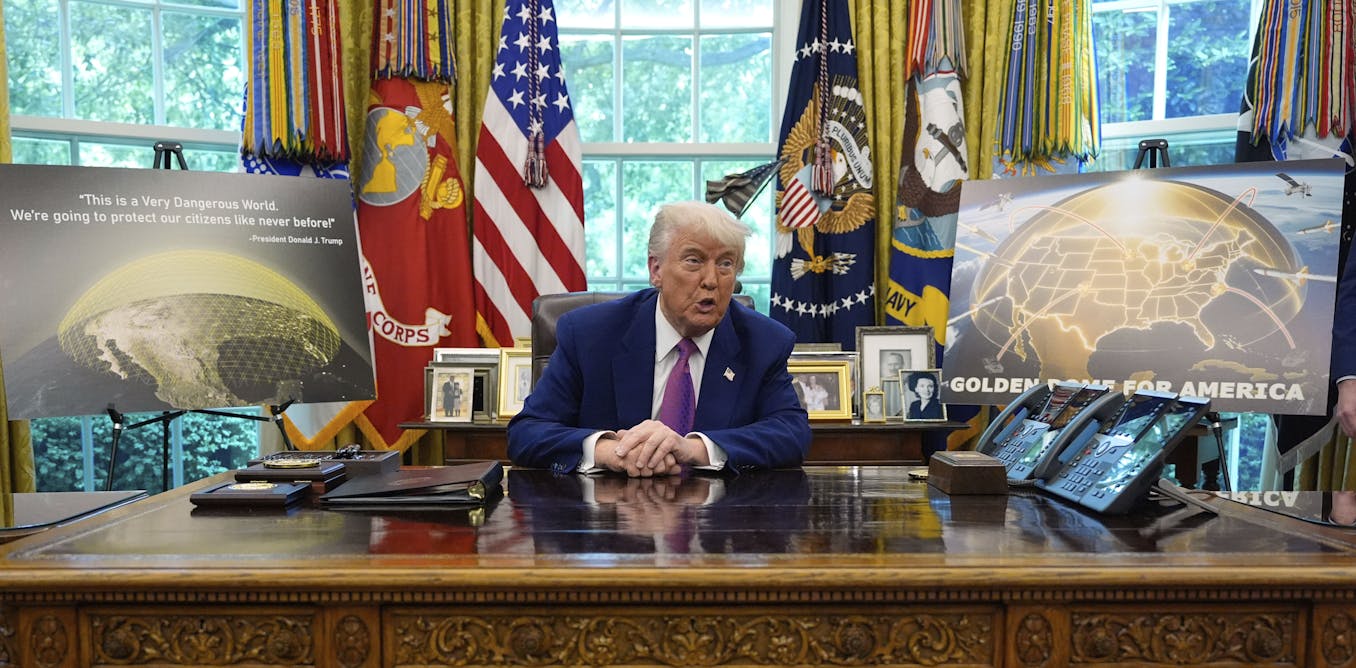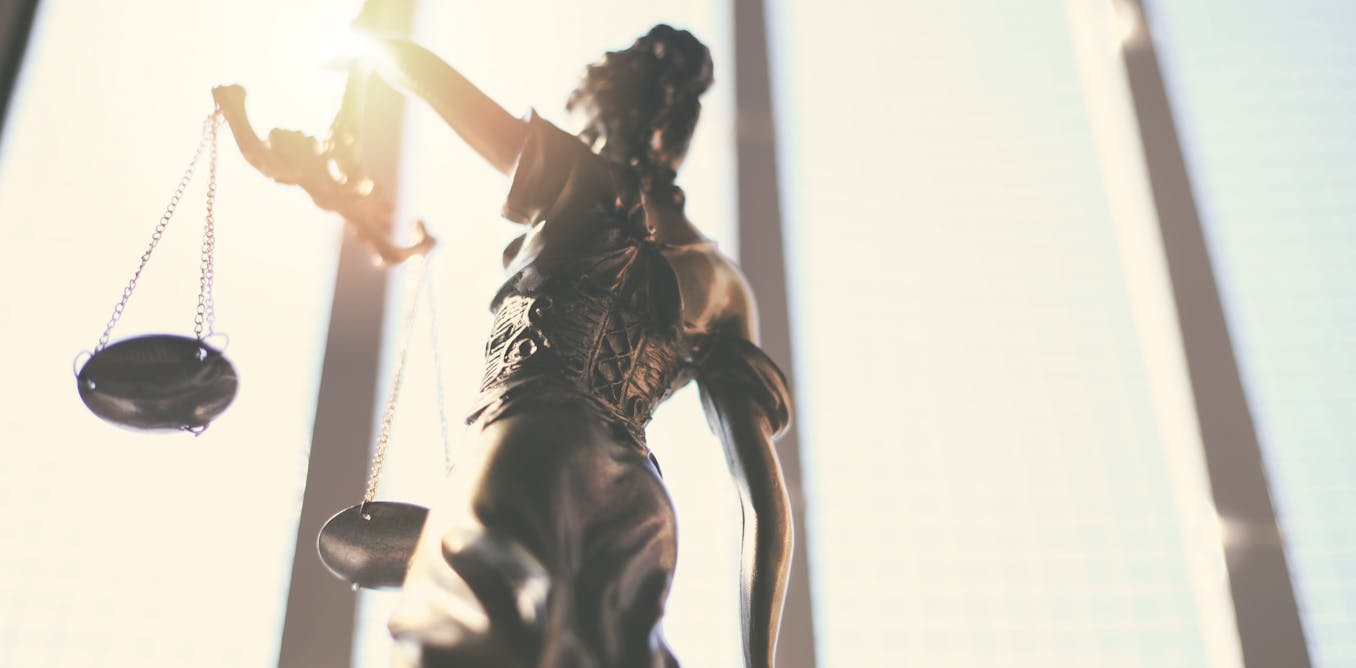As the tale of Juneteenth is advised by modern day-day historians, enslaved Black folks ended up freed by laws, not fight.
Union Gen. Gordon Granger stated as substantially when he browse Normal Purchase No. 3 in Galveston, Texas, in entrance of enslaved men and women who were being amid the past to learn of their authorized independence.
In accordance to the purchase, the law promised the “absolute equality of personal legal rights and legal rights of residence between former masters and slaves.”
But the new laws guaranteeing lawful protections for equivalent legal rights – beginning with the Emancipation Proclamation in January 1863 and adopted by the ratification of the 13th, 14th and 15th amendments just after the U.S. Civil War experienced finished in April 1865 – did not reduce the impact of slavery on the guidelines.
The legacy of slavery is nonetheless enshrined in countless numbers of judicial views and briefs that are cited these days by American judges and lawyers in circumstances involving every little thing from assets legal rights to felony legislation.
For illustration, in 2016 a choose on the 3rd U.S. Circuit Court docket of Appeals cited Prigg v. Pennsylvania, an 1842 U.S. Supreme Courtroom scenario that held that a state could not give lawful protections for alleged fugitive slaves. The decide cited that situation to demonstrate the restrictions of congressional ability to limit gambling in faculty sports.
In 2013, a judge on the 9th U.S. Circuit Courtroom of Appeals cited Prigg for similar factors. In that situation, involving difficulties to an Indian tribe’s acquisition of land, the decide relied on Prigg to explain how to interpret a federal statute.
Neither of these judges acknowledged or tackled the origins of the Prigg v. Pennsylvania case.
That is not unconventional.
What I have realized by researching these slave situations is that the huge majority of judges do not admit that the situations they cite involve the enslaved. They also virtually never ever consider how slavery may well have shaped authorized policies.
The Citing Slavery Venture
To spot these legislation in historic context for contemporary-working day utilization and motivate judges and lawyers to deal with slavery’s affect on the legislation, I started out the Citing Slavery Undertaking in 2020. Considering that then, my team of pupils and I have recognized extra than 12,000 situations involving enslaved men and women and much more than 40,000 circumstances that cite individuals cases.
Michael B. Thomas/Getty Illustrations or photos
We have observed dozens of citations of slave instances in the 2010s. This sort of citations surface in rulings from the U.S. Supreme Courtroom and in condition courts across the region. Citation by lawyers in briefs is even far more widespread.
An moral obligation?
Addressing slavery’s authorized legacy is not just an issue for historians.
It is also an moral situation for legal industry experts. The code of conduct for U.S. judges recognizes that “an unbiased and honorable judiciary is indispensable to justice in our modern society.” The code more phone calls for judges to “act at all instances in a way that encourages general public self esteem in the integrity … of the judiciary.”
Attorneys share in this obligation.
The American Bar Association notes the profession’s “special duty for the top quality of justice.” It also calls for legal professionals to even more “the public’s understanding of and assurance in the rule of regulation and the justice process.”

Heritage Art/Getty Visuals
This sort of actions are especially crucial because of the rising relevance of the Supreme Court’s background-and-custom take a look at, which utilizes examination of historic traditions to establish present day constitutional rights. Courts chance undermining their legitimacy by paying focus to some authorized legacies while disregarding many others.
It is my perception that attorneys and judges will have to confront slavery’s legacy in purchase to atone for the legal profession’s earlier actions and to satisfy their ethical responsibilities to assure confidence in our lawful technique.




